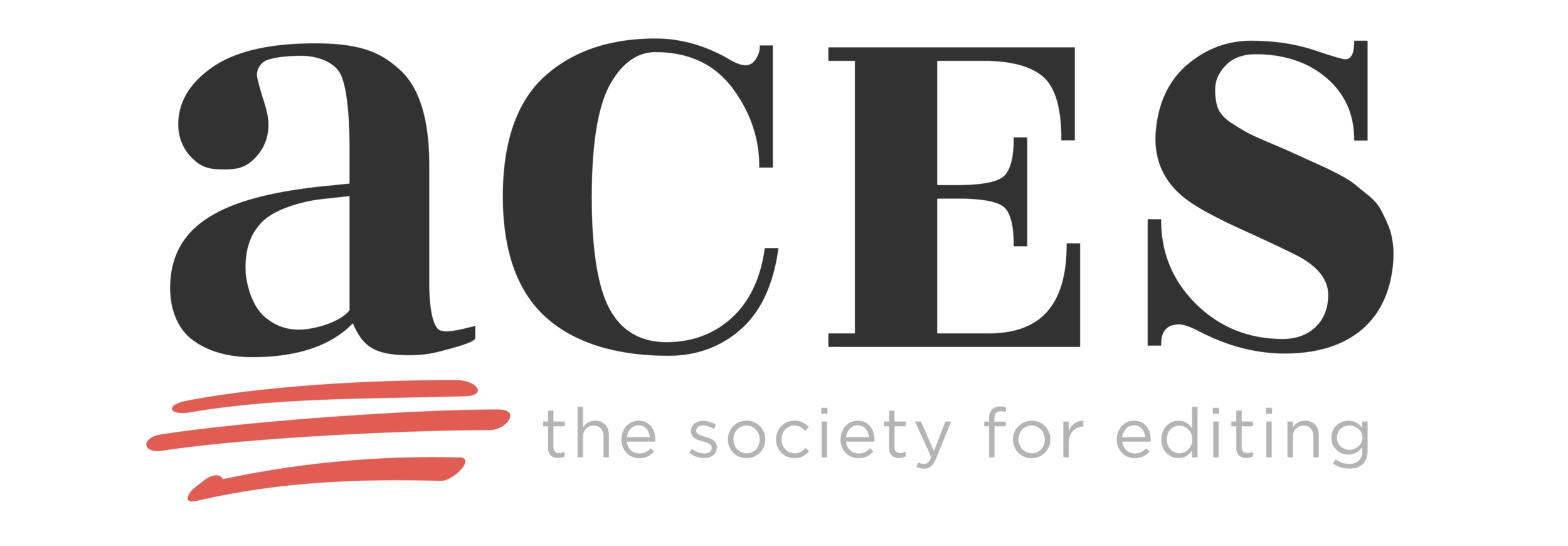"Why Unemployment Checks Affect Wages"- What Happens When Unemployment Benefits are Extended? – A business research article for the University of Miami Business School magazine
/
By Rochelle Broder-Singer
Unemployed workers become more desperate for a job as their unemployment benefits get close to running out. This usually means they’re willing to accept lower pay for a job. It’s a fact that employers often exploit, and one reason that wages can vary dramatically among workers at the same company with the same productivity.
S. Nuray Akin, an assistant professor of economics at the School of Business, has been studying just how that may affect overall wages, using a model he developed with Brennan C. Platt of Brigham Young University. The model’s predictions about wage disparities, which are most applicable to low-skilled workers who are less likely to bargain when taking a job, line up with actual economic realities.
Akin found some surprises:
Increasing the size of monthly unemployment benefits causes overall wages to fall. More money coming in each month encourages workers to delay their acceptance of jobs (holding out for a better offer), which leads to more unemployed workers whose benefits are about to expire. Firms can exploit this fact, successfully offering lower wages as increasingly desperate workers are willing to accept lower pay.
On the other hand, extending the duration of unemployment benefits — say, from six months to a year — leads to rising wages. How? With longer benefit periods, there are fewer workers at the “desperation” end of the spectrum where their benefits are about to expire. Firms aren’t able to drop their offerings as much.
Extending the duration of unemployment benefits also increases the unemployment rate because workers are more willing to delay accepting a job.
Akin and Platt estimate that President Obama’s 2009 extension of unemployment benefits (an additional 14 weeks in all states, and another six weeks on top of that in states with very high unemployment) could, in the long run, increase unemployment by 5 percentage points.
The pair’s findings were published in June 2010 in a working paper, “Running Out of Time: Limited Unemployment Benefits and Wage Dispersion.”








